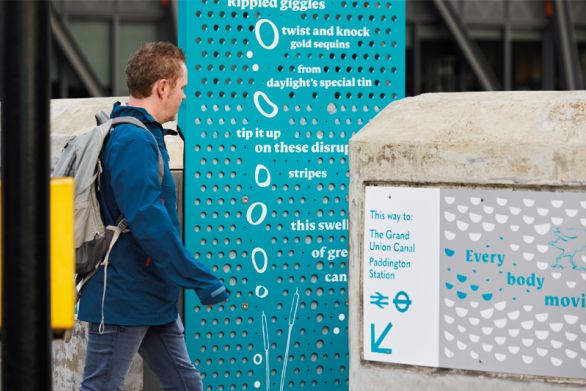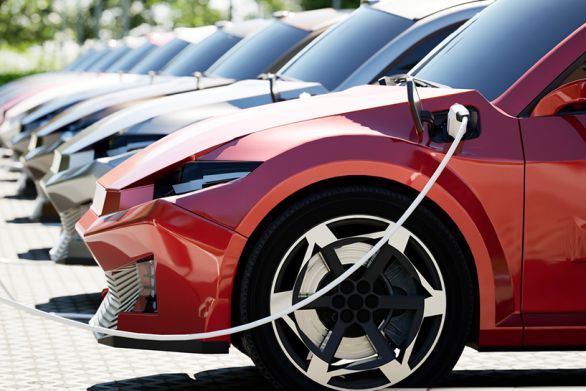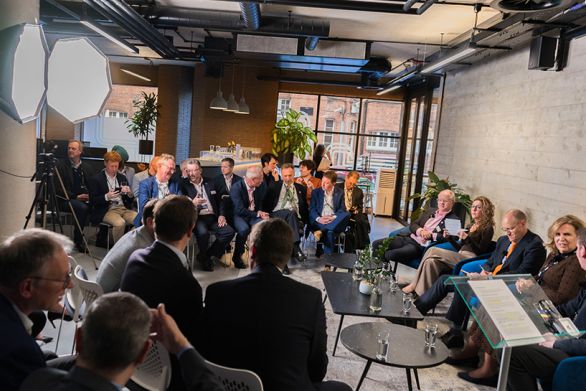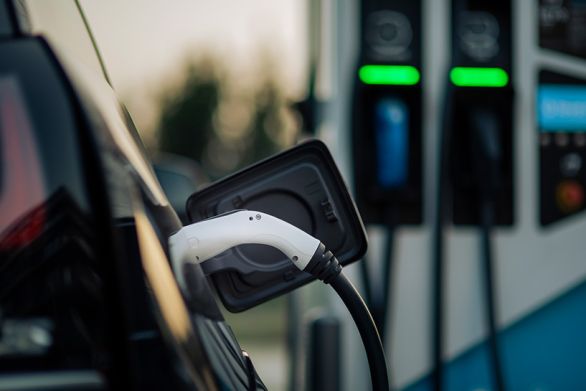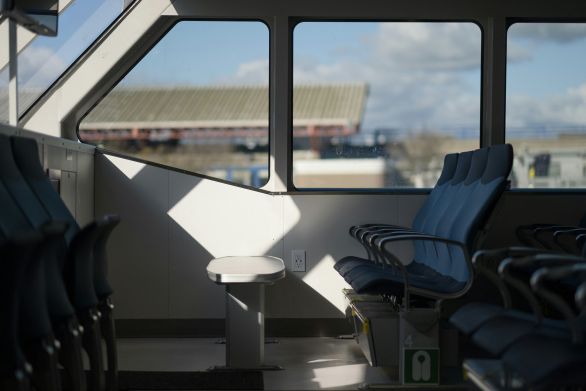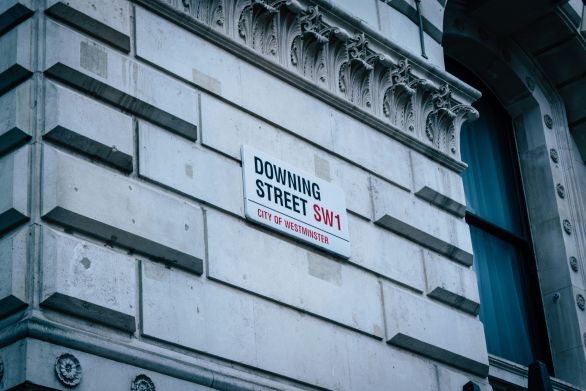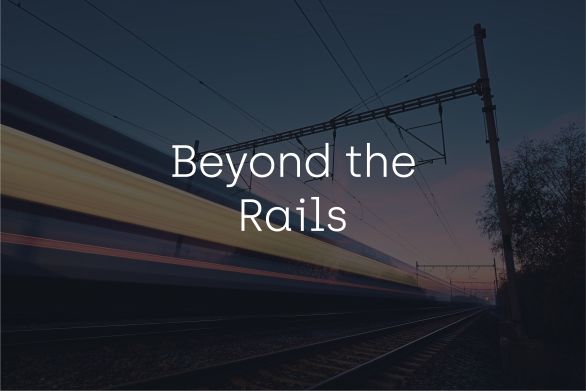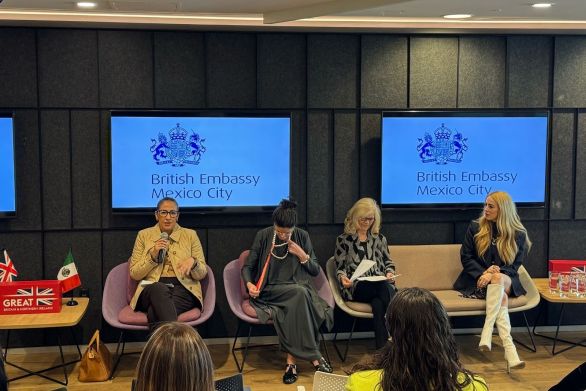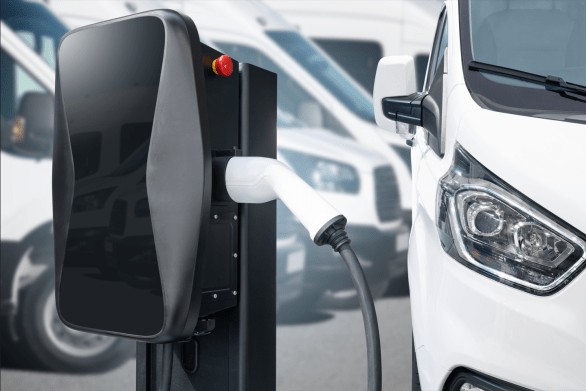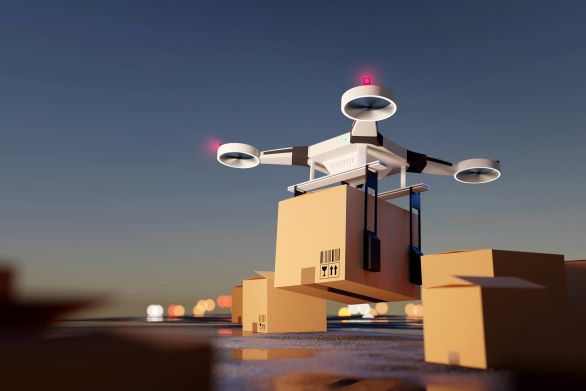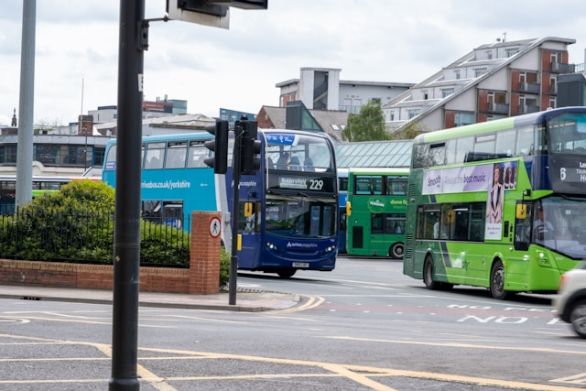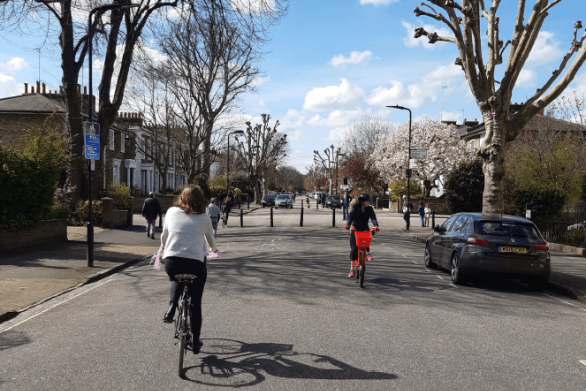We spoke to Kunal Kumar, Municipal Commissioner for Pune, India, about the city’s ambitions to become a smart city.
Pune is a major Indian city, the second largest in the western state of Maharashtra. It is a wonderful example of the vibrancy, excitement and ancient culture for which India’s cities are famous, but it suffers from all the social problems that come with the energy and colour, too.
As in so many Indian cities, large-scale poverty and homelessness, crime, congestion and pollution are a constant challenge to politicians, planners and citizens in Pune. With urban populations growing year on year – in a country on course to be the most populous in the world by 2030 – it might look as though those problems can only get worse. Unless, that is, a radical new approach to city planning can be found, Pune Municipal Commissioner, Kunal Kumar, believes that the India Smart Cities Challenge can be the key to finding that radical alternative.
The Smart Cities Challenge invited all Indian states to nominate cities to compete for redevelopment funding. Pune was one of 20 winning cities selected from 97 initial entries for its creative ‘smart’ approach to planning. But what exactly does ‘smart’ mean?
Commissioner Kumar explains: “When people hear ‘smart’ they think high-tech, but it doesn’t mean that, or, at least, it doesn’t necessarily mean that” he says. “The main thrust of a smart approach is to maximise the use of existing resources, to get more from less and to mobilise the population. Putting all our heads together makes us all smarter; it’s the only way of improving a place in the ways the people who live and work there really want and need.”
The emphasis on participation is a constant theme: “The people best placed to understand what a city needs are the people who live and work in it,” argues Commissioner Kumar. “Right from the start we based our plans on consultation. We asked what people wanted and developed their ideas into three main ‘pillars’: economic sustainability; environmental sustainability; and quality of life. Of course the needs of a city like Pune are complex but the number one priority was very clear: better transportation.”
This is, perhaps, not such a surprise. Transportation directly affects all three of Commissioner Kumar’s ‘pillars’. “Encouraging car owners to get out of their vehicles and into much more energy-efficient and green modes of transportation can make a huge difference to the air quality in our city as well as reducing congestion,” he explains. “But we had to be clever about it. We didn’t want to just commission some shiny new eco-buses that would end up adding to the congestion, looking green on paper but not so much on the streets.”
The solution was one area where ‘smart’ really does mean high-tech. Steer Davies Gleave was invited to work with the city on transportation planning, and proposed an Intelligent Transportation System. GPS tracking through a control and command centre will keep the buses moving and keep the passengers up to date with live information about where they are. Coupled with new spending on pedestrian friendly road infrastructure, the smart bus system should deliver faster, more reliable journey times with lower emissions. It is a virtuous circle: getting car owners onto buses, and buses running efficiently with good consumer information, makes space for cycle schemes that actually work – Pune plans to increase cycling from 9% to 25% of journeys. All too often the image of public transport in India calls to mind the ancient and horribly overcrowded train or bus, struggling through chaotic, congested streets. Pune and other smart cities could be about to change all that.
As Commissioner Kumar says: “The difference that these changes could make for the quality of life in Pune cannot be exaggerated. And if we can do it, others can too. We know that people think of Indian cities as chaotic and overcrowded, but watch this space. We’re changing things here and the way we are doing it could offer lessons for the whole world.”

